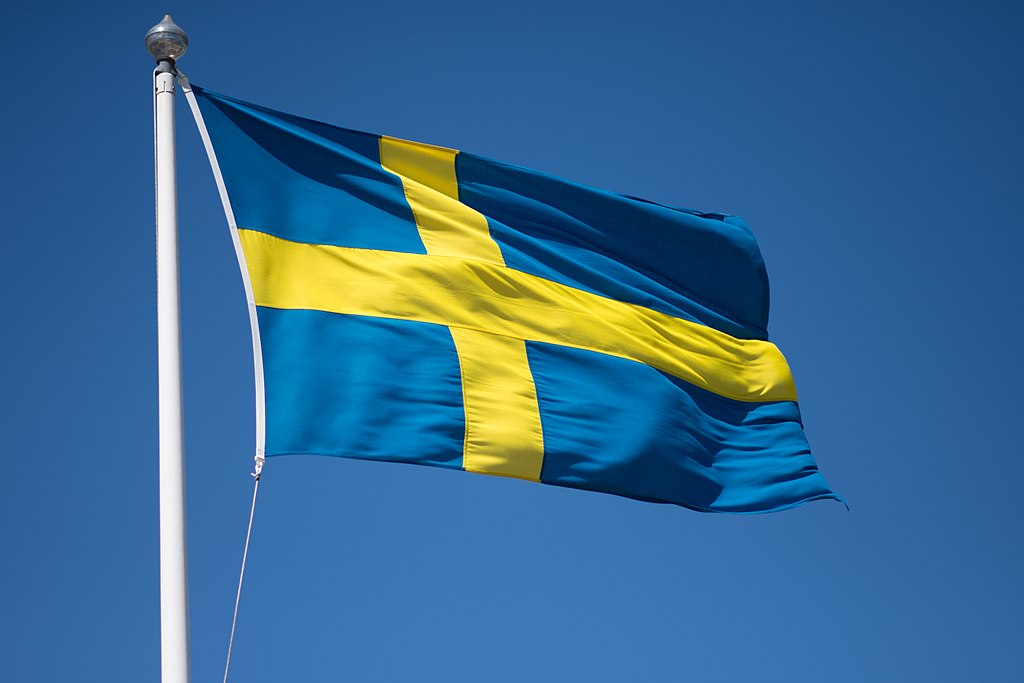Sweden Proposes Legal Gender Recognition Reform Without Self-determination

TGEU urges the Swedish government to reconsider the proposed reform to its legal gender recognition (LGR) law and instead introduce procedures based on self-determination.
On Friday 29 July 2022 the Swedish government proposed a reform of the country’s legal gender recognition procedures. While the proposed law is an improvement on the current process to change one’s name and legal gender marker, it is still far from the gold standard of self-determination.
European Commission, Council of Europe, and United Nations experts argue for quick, transparent, and accessible legal gender recognition procedures, based on self-determination.
The new Swedish proposal separates the requirements for changing one’s legal gender marker in identity documents from accessing gender affirming surgery, which is welcome. However, a trans person is still required to be medically examined and a decision made by the National Board of Health and Welfare as to who is entitled to access the change. This continues to pathologise trans people as medically ill, which violates human rights. The proposal also lowers the age limit from the current 18 years old to 16, compared to previous proposals of 12 years with a guardian’s permission.
TGEU urges the Swedish government to:
- Ensure procedures are based on self-determination only;
- Remove the requirement for a medical examination and all medicalised aspects of the procedure in order to access legal gender recognition; and
- Remove age limits.
Trifa Shakely, chair of Swedish LGBTI organisation RFSL, says, “it is welcomed that the government is finally acting, but trans people will still have to go to healthcare to get permission to change their legal gender, which is a big disappointment.” RFSL’s statement on the proposal is available in Swedish here.
Sweden was a pioneer in 1972 when it was the first country in the world to introduce a legal gender recognition law. It is essential that Sweden again aligns its laws with contemporary human rights standards, which recognise that legal gender recognition must be based on self-determination without pathologising, medical requirements.
Sweden’s Scandinavian neighbours in Denmark and Norway both have legal gender recognition procedures based on self-determination, and Finland is working on reforming their outdated law as well. Seven other countries in Europe already have legal gender recognition based on self-determination.